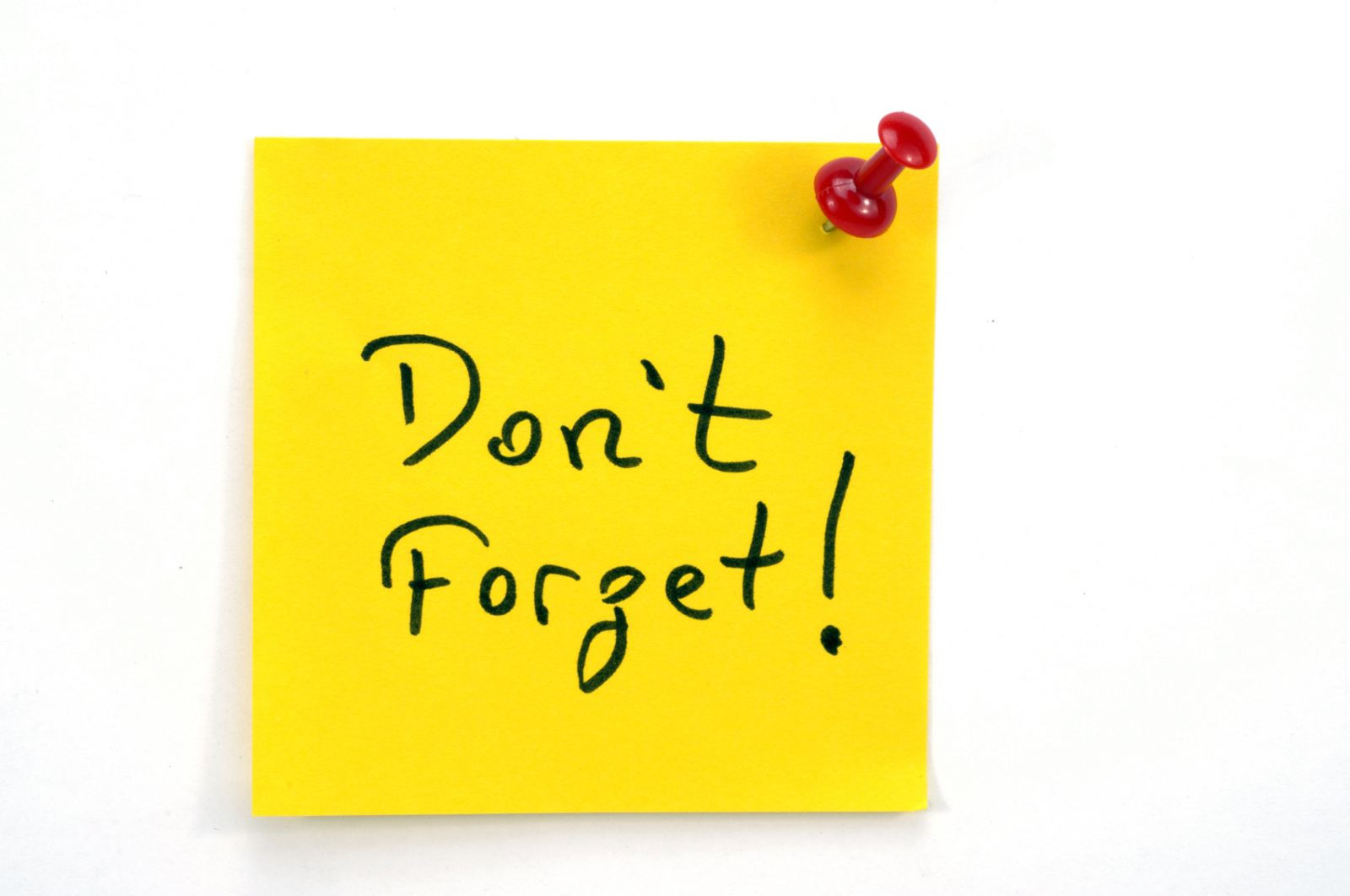Tips to get the most from your memory

As you've gotten older, have you noticed that you often find yourself marching around the house in a huff, searching for misplaced car keys or eyeglasses, or you just cannot remember the name of that new neighbor you met when walking the dog? It's frustrating, to be sure, but not inevitable — and there are things you can do to help keep your memory sharp.
"Most people get a little more forgetful with aging, but there are some simple things you can do to prevent memory slips and help your brain to learn and remember better," says Dr. Anne Fabiny, chief of geriatrics at Cambridge Health Alliance and an assistant professor of medicine at Harvard Medical School.
Memory-boosting tips
Dr. Fabiny suggests the following tips and tricks:
- Follow routines, such as leaving your car keys, glasses, and cell phone in the same place every day so that finding them becomes a "no-brainer."
- Slow down and pay attention to what you are doing to give your brain's memory systems enough time to create an enduring memory.
- Avoid distracting or noisy environments and multitasking — the major memory busters in today's fast-paced society.
- Get enough sleep, reduce stress, and check with your doctor to see if any of your medications affect memory — all three are potential memory spoilers.
Is it forgetfulness or Alzheimer's?
Worried that your minor memory slips mean you are headed toward Alzheimer's disease? That's probably not the case. Like it or not, science shows that the ability to learn new information and recall it may decline somewhat after 50. "You just can't pull things out of your memory the way you used to at the same speed," Dr. Fabiny says.
But forgetfulness can be a serious issue if it's starting to interfere with daily tasks and routines, such as managing your health care and finances.
To read more about ways to improve your memory, buy Improving Your Memory, a Special Health Report from Harvard Medical School.
Image: iStock
Disclaimer:
As a service to our readers, Harvard Health Publishing provides access to our library of archived content. Please note the date of last review or update on all articles.
No content on this site, regardless of date, should ever be used as a substitute for direct medical advice from your doctor or other qualified clinician.















